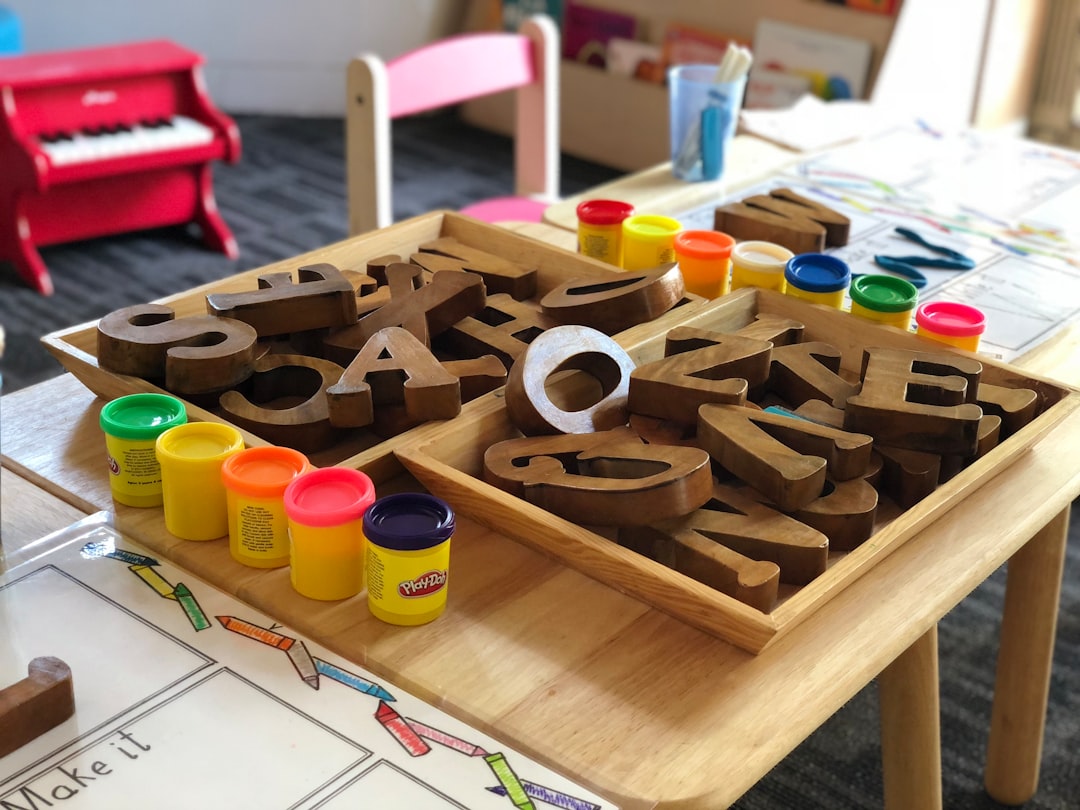Finding the right therapist is a crucial step in the journey toward mental wellness. Whether you are dealing with anxiety, depression, relationship issues, or simply seeking personal growth, a skilled therapist can provide invaluable support and guidance. In Denver, the options can be overwhelming, but understanding what to look for can simplify the process. Here’s a guide to help you find the best therapist in Denver for your needs.
### Understanding Your Needs
Before beginning your search, take a moment to reflect on your specific needs. What issues are you facing? Do you prefer a therapist who specializes in a particular area, such as trauma or couples therapy? Understanding your needs will help you narrow down your options and find a therapist who is well-suited to address your concerns.
### Researching Potential Therapists
Once you have a clear idea of your needs, start researching potential therapists in Denver. Look for professionals who have the appropriate credentials, such as a license in psychology, social work, or counseling. You can also check online directories and mental health websites to find therapists in your area. Pay attention to their specialties, treatment approaches, and client reviews.
Another effective way to find the best therapist in Denver is to ask for recommendations from friends, family, or healthcare providers. Personal referrals can often lead you to therapists who have a proven track record of helping others.
### Evaluating Credentials and Experience
When considering a therapist, evaluate their credentials and experience. A good therapist should have a strong educational background and relevant training in their field. Additionally, inquire about their experience with clients who have similar issues to yours. A therapist who has worked extensively with anxiety, for example, may be more effective in helping you navigate your struggles with it.
### Initial Consultation
Most therapists offer an initial consultation, which can be a valuable opportunity to assess whether they are the right fit for you. During this meeting, pay attention to how comfortable you feel discussing your concerns. A good therapist will create a safe and welcoming environment, allowing you to express yourself openly.
Ask questions about their therapeutic approach and how they plan to help you achieve your goals. It’s important to find someone whose style resonates with you, as the therapeutic relationship is a key component of successful treatment.
### Considering Logistics
Logistical factors are also important when selecting a therapist. Consider their location, availability, and session fees. If you have a busy schedule, finding a therapist who offers flexible hours or teletherapy options can make it easier to attend sessions regularly. Additionally, check if they accept your insurance or offer a sliding scale for fees, which can significantly impact your ability to access care.
### Trusting Your Instincts
Ultimately, the decision comes down to your instincts. After meeting with a few therapists, reflect on how you felt during the consultations. Did you feel heard and understood? Was the therapist empathetic and supportive? Trust your gut feelings; if something doesn’t feel right, it’s okay to continue searching until you find the best therapist in Denver for you.
### Ongoing Evaluation
Therapy is a journey, and it’s essential to evaluate your progress regularly. After a few sessions, assess how you feel about your therapist and the direction of your treatment. If you find that your needs are not being met, don’t hesitate to discuss your concerns with your therapist or consider finding someone new.
### Conclusion
Finding the best therapist in Denver is an essential step toward achieving mental wellness. By understanding your needs, conducting thorough research, and trusting your instincts, you can locate a professional who will support you on your journey. If you’re ready to take that step, consider reaching out for guidance and support. For more information on mental health services, visit best therapist in denver. Remember, seeking help is a sign of strength, and the right therapist can make a significant difference in your life.




